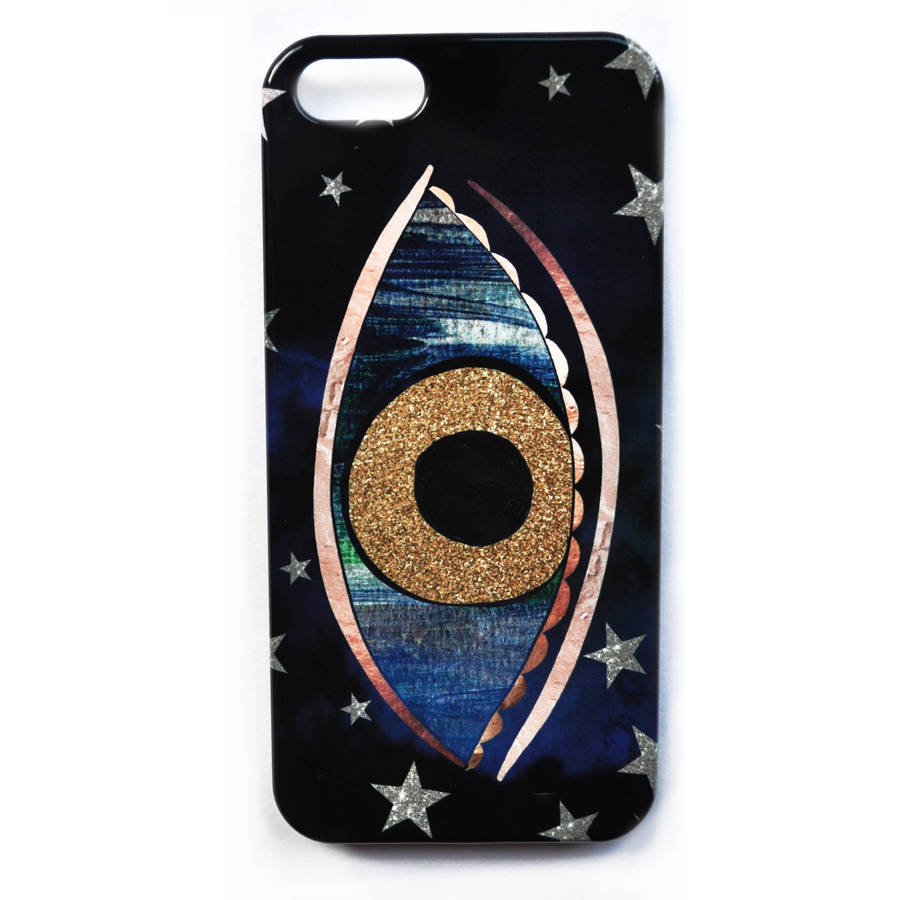Closing the Third Eye
/One of the enlightenment goals of Daoism is closing the third eye. Many religious systems actively try to open the third eye because it is associated with intuition and wisdom. Daoists don't openly reject intuition and wisdom--both are good for party tricks and playing the stock market--but most of the time we don't need them, especially not before I've had my morning coffee.
In the old days, the third eye had many practical uses, like seeing what was happening far away. It took a lot of effort and was unreliable, but using it made people feel powerful. That is why Daoists close the third eye, the two regular eyes are unreliable enough without adding intuition and wisdom into the mix.
 Now-a-days, everyone has a smart phone or a computer close at hand. Using these devices opens the third eye. You can ask any question, create any fantasy, see any event or map, and know what is going on anywhere. It is not just that you can hear a few voices in your head--you can hear any voice!
Now-a-days, everyone has a smart phone or a computer close at hand. Using these devices opens the third eye. You can ask any question, create any fantasy, see any event or map, and know what is going on anywhere. It is not just that you can hear a few voices in your head--you can hear any voice!
The basic instructions for Daoist meditation can be summarized like this: if the third eye opens, close it.
Closing the third eye used to be easy. Most people wanted to open their third eye, but it took so much effort, concentration and practice; so most people didn't bother. That's why some religions valorized it. Historically, Daoism was responding to the excesses of fasting, drug use, and sleep deprivation strongly associated with opening of the third eye. Daoist doctrine, beginning with the Daodejing, saw this as a waste of life and vitality (qi and jing).
Today, third eye powers are common, and used for so many different purposes; if someone wants you to believe in their religion, say the Second Coming, global warming, gender indeterminance, or that it is good to marry a piece of furniture--they will show you this with their third eye! See? Just watch this video or visit this news sight.
The first Daoist precept--explained by the founder of Religious Daoism, Zhang Daoling, the original teacher, in about 50 CE--"Don't interfere with people's direct connection to heaven." In other words, if people want to believe something, let them. You just close your third eye and see things as they are.
Closing the third eye is becoming harder. Socially people are expected to keep it open as a form of communication, and to stay informed. Having an open third eye is so easy that most people become addicted to it at some point. This is extremely draining. People actually say things like, "Do you remember how you used to find your friends at a crowded public event?" People now use their third eyes for all sorts of things which their regular eyes are perfectly capable of achieving.
___________________
Now let me explain a Daoist method for closing the third eye. Use your third eye in reverse, suck in and dissolve the world. While doing standing meditation, look out into the distance and suck everything into the third eye, send it down to the feet, and merge it with the firmness and darkness of the earth. The need for the third eye will be eliminated because everything in the environment will be present. Simply find chaos and embrace "not knowing."
Over time, the effect of closing the third eye is that the body becomes empty of all intent, old injuries resolve, and one's natural (child-like) ability to balance incoming forces is restored.
Having an open third eye drains the kidneys, injures the lower back, and causes the head to pitch forward. The modern explanation for this problem is that people are spending too much time staring at a screen. The traditional explanation is that when the third eye is open, you can't see the hungry demons sneaking up to chomp on your kidneys and nibble on your neck.
In closing I would like to say a few words about standing meditation. I think it is the core of internal martial arts practice. People often talk about the difficulty they have meditating, the difficulties they have starting or maintaining a practice. I have always found this puzzling. Perhaps it is because people are trying to open their third eye? This might explain why people find it difficult.
My definition of meditation is: pick a time and place to practice. The time is one hour, the same time of day, everyday. The place is a quiet place, a space where you won't be disturbed or distracted; the same place everyday. If a practice has some other characteristics, it might be better to call it something other than meditation so people don't get confused.
Fun personal note of no particular significance: I've been standing still since I was 20. In my 24th year of practice (four years ago) I passed a significant marker: having stood still for the equivalent of a whole year.
